Vindonissa Legionary Trail
About Museum Aargau
Hauptmenü

Switzerland's first ever military hospital was built 2,000 years ago at Vindonissa. The 60 sick rooms enabled the provision of medical care for up to 300 legionaries. At the camp hospital (valetudinarium), military doctors and medical orderlies treated battle injuries, everyday illnesses and work accidents. In addition to the infirmary, the Romans also invented the world's first ever medical service.
The military hospital is approx. 4,500 m2 in size and was discovered in 1936. Built first out of wood and later stone, it was situated at the centre of the camp, directly on one of the main camp roads (via decumana). The sick rooms were arranged on each side of a corridor around a large courtyard. The hospital area was archaeologically investigated but has since been entirely covered with modern buildings.
In mobile marching camps and probably during the early days of Vindonissa, soldiers were looked after in tents. An authentically reconstructed and fully equipped field infirmary of this type made of goatskin leather is on display here. Surgical instruments as discovered in great numbers in Vindonissa as well as herbs, ointments and scrolls with ancient prescriptions impressively convey how Roman doctors performed surgery, blood-letting and other healing techniques. The second tent contains three camp beds. Here, three legionaries tell visitors about their own personal medical history.
Even judging by today's standards, Roman healing methods were quite sophisticated. Medicine was based on a holistic approach that encompassed nutrition, pharmacy and surgery. However, the gods had an important role to play when it came to health issues, too – such as Asclepius, the god of healing, and his daughter Hygieia: Roman doctors (medici) swore the famous Hippocratic oath by both of them.
The military hospital can be visited with museum admission.